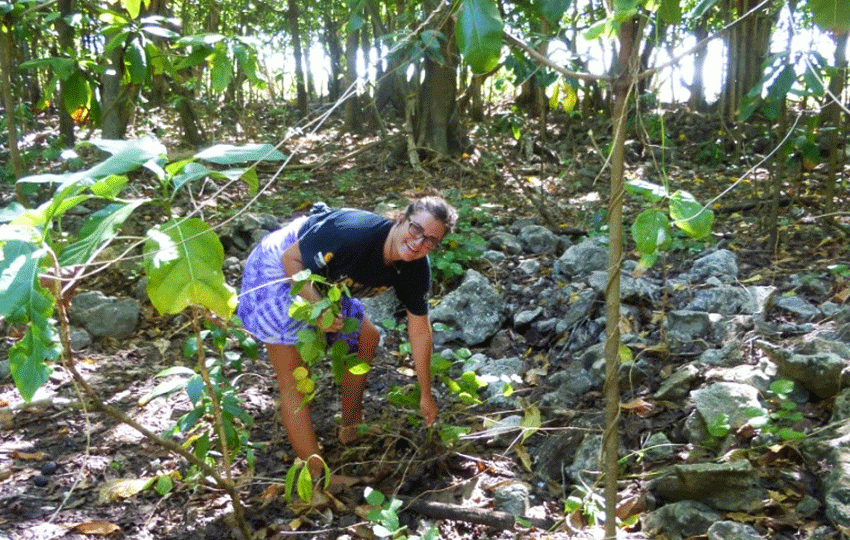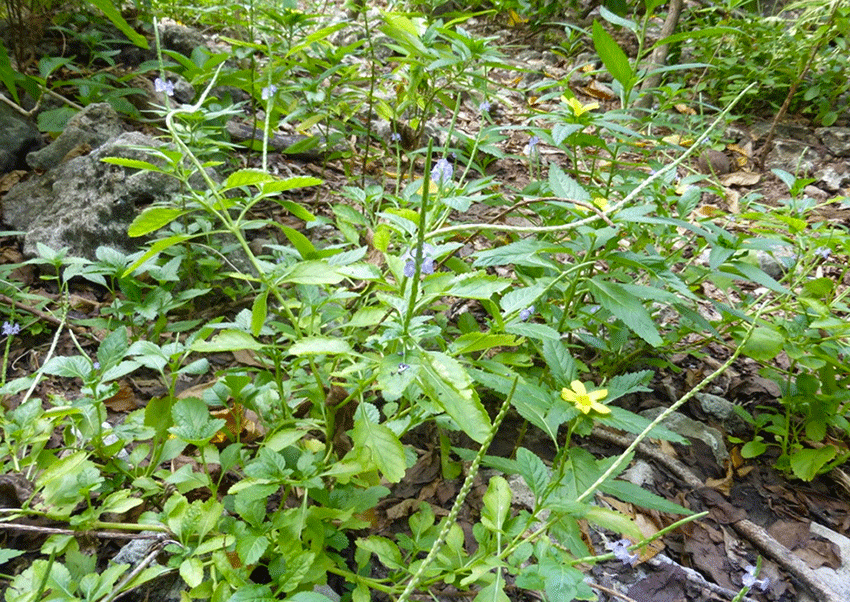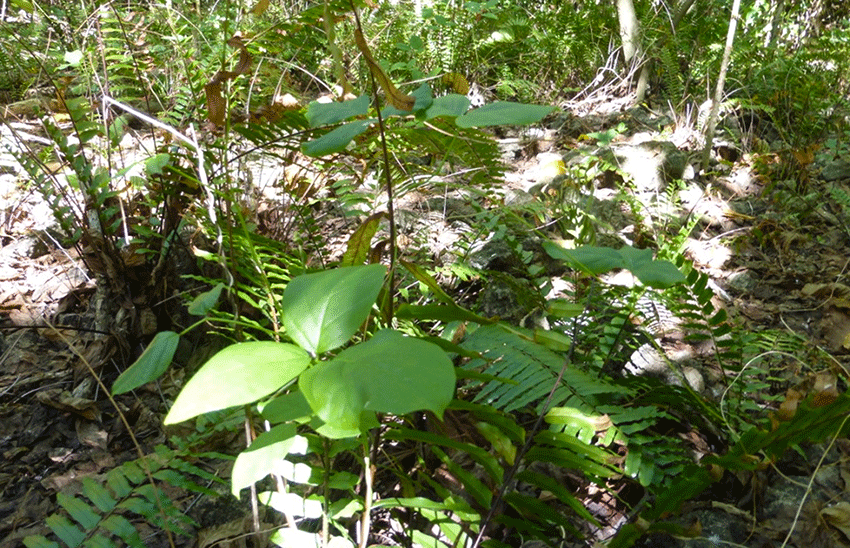
Cousin Island Special Reserve is a magnificent place, home to a variety of seabirds, endemic landbirds and the most important nesting site for Hawksbill turtles (Eretmochelys imbricata) in the Western Indian Ocean. However, much time and effort has been needed to make this a biological hotspot in the Seychelles.
Previously a coconut plantation, BirdLife International bought the island in 1968 to rescue the last surviving population of the endemic Seychelles warbler (Acrocephalus sechellensis). Following removal of most the coconut palms, the native forest began to regenerate, and with it the seabird population thrived. Nonetheless, many non-native plants colonised alongside the native coastal trees, of these non-natives some are invasive – with the potential to damage the island ecosystem.

Arguably the most popular task for the volunteer team on Cousin is invasive plant species control. Albeit the considerable preparation that is required, we all have to don long clothing to reduce exposure to the healthy mosquito population, as well as applying ample insect repellent to exposed areas. However, the forest is cool and out of the hot afternoon sun, and plucking handfuls of invasives such as wild pea (Canavalia cathartica) and rat’s tail (Stachytarpheta urticifolia) is deeply satisfying.
Sometimes the invasives give up more resistance, such as a coconut seedling (Coco nucifera) or papaya (Corica papaya), but with a little extra effort and a swing of a machete, you can soon despatch another invasive. Though a tiring job, it is incredibly addictive, perhaps the greatest challenge is getting the volunteers to return to the research house before sunset!

Invasive removal is an incredibly important ongoing task, keeping the forest floor clear provides excellent foraging area for the endemic and critically endangered Seychelles magpie-robin (Copsychus sechellarum). There is always danger new non-native plants will colonise the island, but a swift response can prevent these species establishing a foothold. Out of turtle season, the volunteer team are out most days tackling small areas at a time, but staff and volunteers are always on the lookout for potential invasives.
Steve Read

